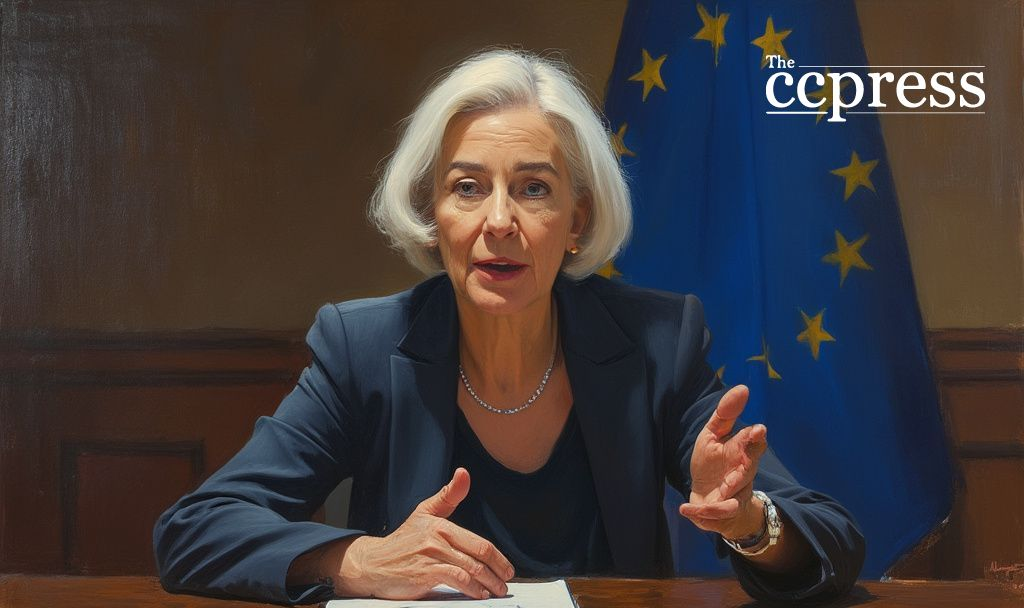- Christine Lagarde urges urgent legislative action for digital euro.
- European bodies need to meet the October 2025 target.
- Lagarde highlights Europe’s reliance on non-European payment systems.

The push for the digital euro legislation is crucial as it impacts European monetary sovereignty and financial modernization.
Christine Lagarde, President of the European Central Bank, is urging European legislative bodies to finalize groundwork for the digital euro. The aim is to meet the October 2025 launch target, underlining Europe’s need for financial modernization. Lagarde emphasizes that the EU’s Parliament, Commission, and Council must swiftly complete the legislative process to ensure readiness for the digital euro by the deadline.
“The deadline for us is going to be October of ’25, and we are getting ready for that deadline. But we will not be able to move unless the other parties—the stakeholders, as I call them: Commission, Council, and Parliament—actually complete the legislative process, without which we will not be able to move. And I think it is critically important and, to the agnostic or the skeptics, it seems to be more relevant and more of an imperative now than ever before both on the wholesale and on the retail level.” — Christine Lagarde, President, European Central Bank (ECB)
This initiative, supported by key ECB figures and major banks, aims to provide secure, central bank-backed digital currency options amid Europe’s reliance on non-European payment infrastructures.
Immediate impacts on crypto markets are muted as the digital euro contrasts with decentralized cryptocurrencies. The ECB’s strategy concentrates on sovereignty and modernization without competing directly with cryptocurrencies. Historical trends indicate that previous Central Bank Digital Currency launches, like China’s digital yuan and Nigeria’s e-Naira, caused minimal disruption to cryptocurrencies. The ECB’s initiative, funded internally, is in collaboration with European banks and fintech firms like UniCredit and MONEI, indicating strong institutional support. Lagarde stresses the need to safeguard monetary sovereignty and improve monetary policy transmission. The crypto community remains skeptical of CBDCs due to privacy concerns.
Market impacts are likely to remain limited in the short term, with minimal expected shifts in crypto assets and euro-backed stablecoins. Financial and regulatory outcomes hinge on effective legislative action by 2025, ensuring the eurozone’s adaptation to a digital economy. Historical data and analysis suggest that standard crypto market dynamics will persist under the ECB’s current strategic direction regarding the digital euro’s introduction.


























